Bosnia and Herzegovina
Bosnia and Herzegovina is a federal state divided into two entities, the Republic of Srpska (RS) and the Federation of Bosnia and Herzegovina (FBiH) and Brcko District, which has been ascribed a special district status that falls outside of the jurisdiction of the Republic of Srpska. The Republic of Srpska is composed of municipalities (opština) while the Federation BiH is composed of municipalities (općina) and cantons (kantoni).
CEMR in Bosnia and Herzegovina – Association of Municipalities and Cities of the Federation of Bosnia and Herzegovina (www.sogfbih.ba) and The Association of municipalities and Towns of Republic of Srpska (www.alvrs.com))







Local governments
Municipalities and cities (gradovi) are also referred to as local self-government units and constitute both executive and legislative authorities.
The municipal assembly (skupština opštine/ općinsko vijeće) is the local authority's decision and policy-making body. It is made up of members elected by direct universal suffrage for a period of four years. The municipal assembly notably adopts the municipal budget and can appoint or dismiss members of the municipality or city's permanent and non-permanent working bodies.
The mayor (načelnik opština/općina in municipalities and gradonačelnik in cities) is the executive head of the local authority. He/she is elected by direct universal suffrage for a period of four years. The mayor can put forward draft legislative proposals to the municipal assembly. He/she also implements local policy, has responsibility for the execution of the municipal budget and enforces national laws and regulations to be implemented at the local tier.
There are some exceptions with regard to certain mayoral elections. In the Federation of Bosnia and Herzegovina, the Mayor of Mostar and the Mayor of Sarajevo are not directly elected. Instead, they are elected by the cities' assemblies. Since February 2020, in the Republic of Srpska, the mayor of the city of East Sarajevo has been elected by the citizens in direct general elections for a period of four years.
-
Cities and municipalities are the key providers of essential public and social services.
- Economic development
- Spatial and urban planning
- Social care
- Civil protection
- Environment
- Heating
- Local roads
- Sewage and solid waste disposal
- Water
- Culture and tourism
- Housing
- Pre-school
- Sports
- School building maintenance
- School bus transportation
- Ambulance services
- Healthcare supplies
Cities and municipalities are encouraged through existing local government laws to establish companies, institutions and other organisations so as to help manage, finance and improve local infrastructures and services.






Regional governments
Cantons, which have their own regional government, are federal units within the entity of the Federation of Bosnia and Herzegovina.
All cantons are ethnically mixed and thus have special laws so as to ensure equality amongst all citizens.
The premier (premijer) stands at the head of the canton. He/she is assisted in his/her duties by a number of cantonal ministries, agencies and services.
